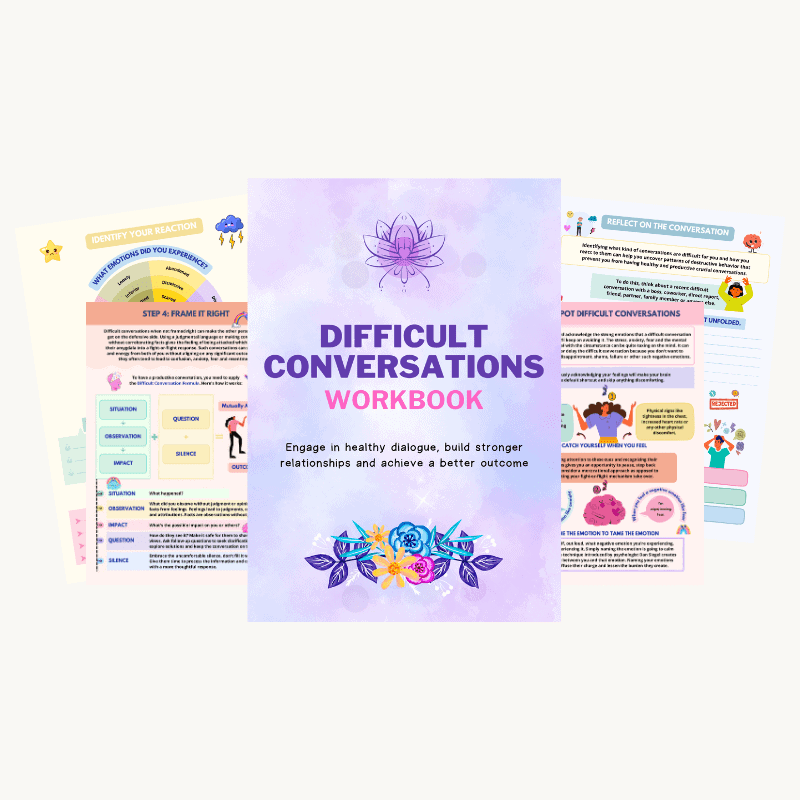5 Skills To Excel In Your Career
To excel in your career, some skills matter more than others. They put you in front of others, connect you to them, build trust and enhance your credibility. But building these skills is hard—unlike tasks that are assigned to you in which you’re expected to excel, no one gives the opportunities to practice these skills explicitly. The burden to learn and master them is on you. If you’re stuck in your career or putting in a lot of time and energy into your work, but not getting the desired results, spend some time building these 5 skills. You will not only achieve great success at work, but mastering these skills will bring a sense of pleasure and fulfillment that will make you perform even better.




























































